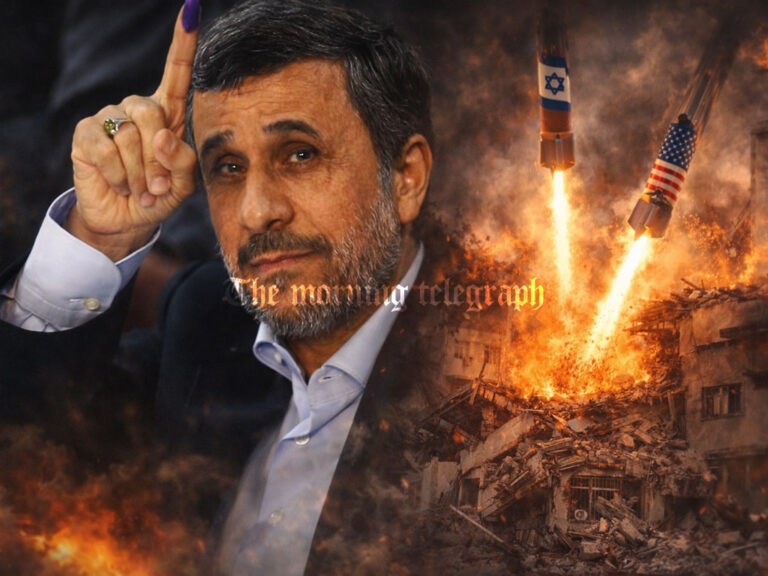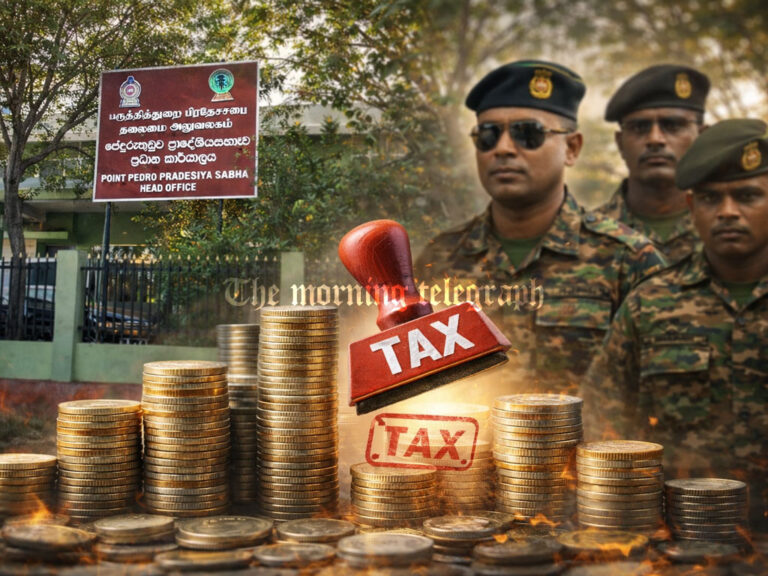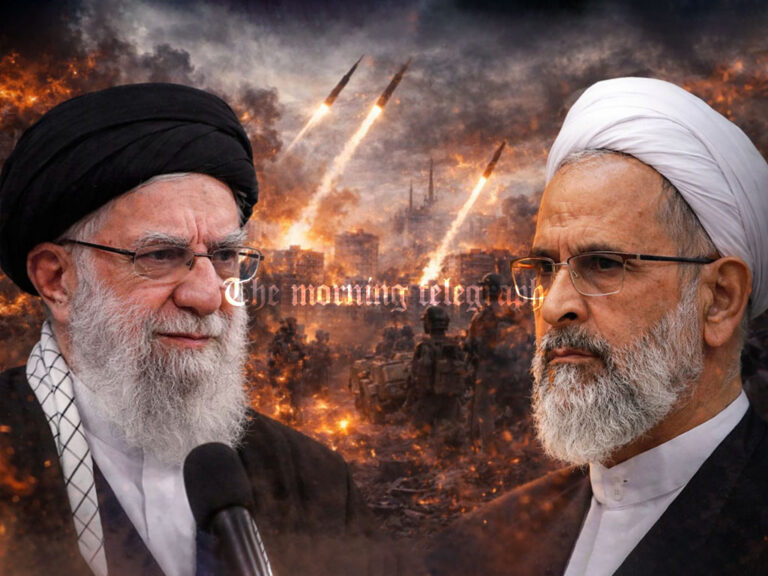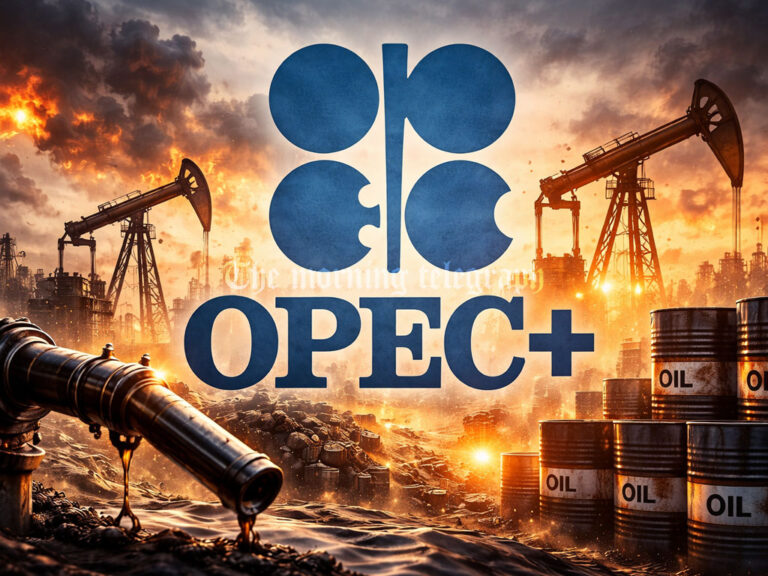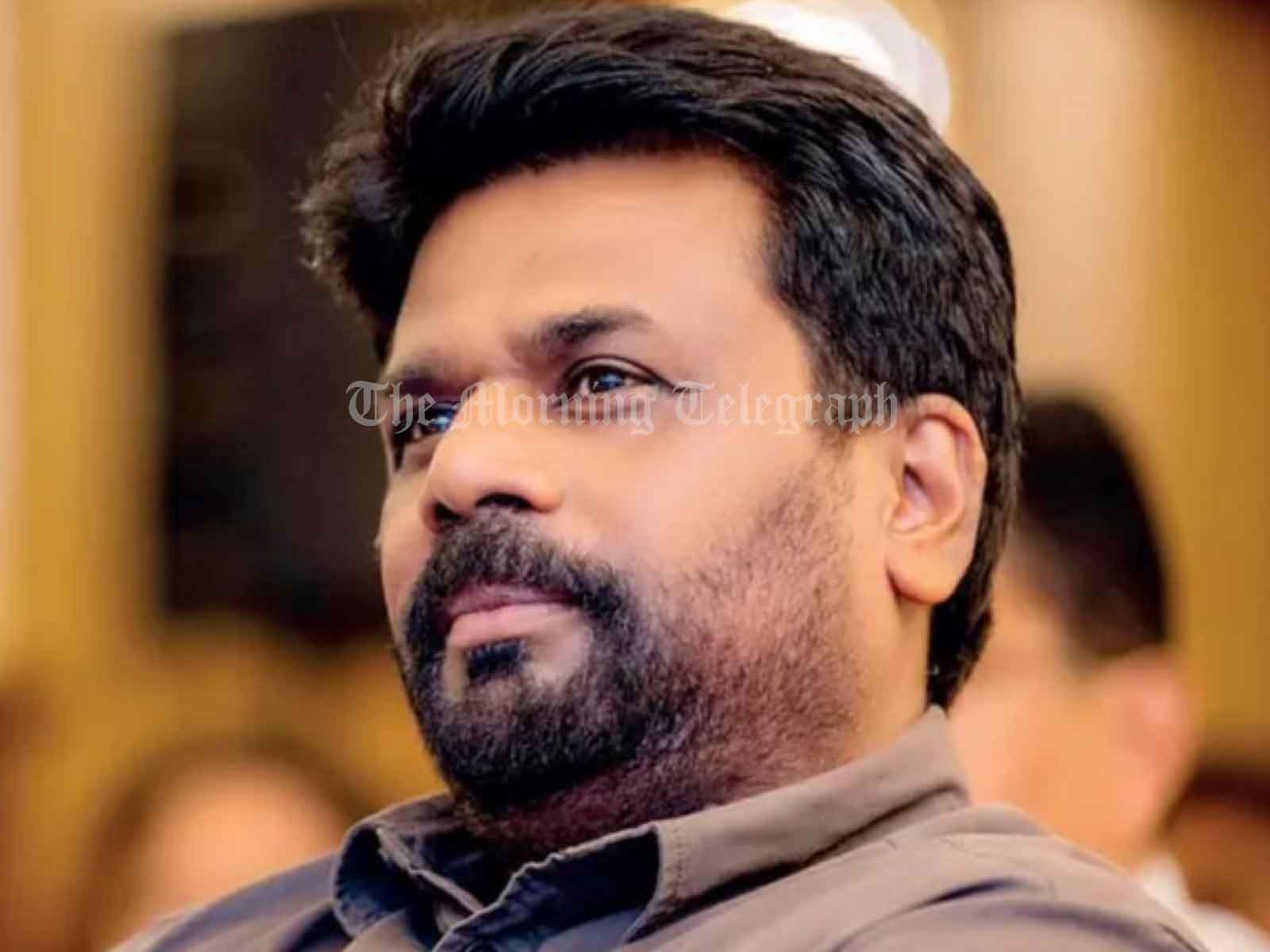
Anura Kumara Dissanayake, leader of the National People’s Power (NPP) alliance and its presidential candidate, has positioned himself as the representative of those who participated in the public protests that led to the ousting of then-President Gotabaya Rajapaksa in 2022. Speaking to The Associated Press, Dissanayake emphasized that the people of Sri Lanka are yearning for change, and he sees his administration as the embodiment of that change. He contrasted himself with other candidates, whom he described as representatives of the “old, failed, traditional system.”
Dissanayake acknowledged that while the protests succeeded in removing the president, they fell short of achieving broader changes due to the lack of a comprehensive plan. He believes his administration can fulfill the public’s desire for a sound economy within a corruption-free society.
The NPP is a coalition of 21 diverse groups, including political parties, youth organizations, women’s groups, trade unions, and other civil society organizations. The People’s Liberation Front (Janatha Vimukthi Peramuna), Dissanayake’s original party, is the driving force behind this coalition.
Regarding economic policy, Dissanayake stated that despite his party’s historical stance on nationalizing resources, the NPP supports economic freedom and foreign trade. He emphasized the importance of upholding the existing IMF agreement, acknowledging that Sri Lanka entered the program only after a financial collapse. While Dissanayake believes there could have been alternative solutions, he recognizes that all bilateral and multilateral agreements are now tied to the IMF framework.
“We can’t come out from the existing IMF program because we entered into the IMF program only after the country was financially collapsed. We believe there could have been another alternative. But now all the bilateral and multilateral agreements have been placed inside the IMF basket,” Dissanayake said. He also highlighted the need to focus on the hardships faced by the people as the country progresses with the IMF program.
On the sensitive issue of accountability for human rights violations and war crimes during Sri Lanka’s 26-year civil war, Dissanayake clarified that his administration would not seek retribution but would instead focus on uncovering the truth. He stressed the importance of reaching an agreement with the victims’ families rather than pursuing punitive measures. “On the question of accountability, it should not be in a way to take revenge, not in a way to accuse someone, but only to find out the truth,” he said, noting that the victims primarily want to know what happened rather than see anyone punished.
As Sri Lanka prepares for its presidential election on September 21, Dissanayake’s candidacy has gained traction, with some polls placing him ahead of his main rivals. Political analyst Jehan Perera noted that Dissanayake’s appeal lies in his distance from the business and political elites who have traditionally governed the country, making him a strong contender for those seeking change above all else.

